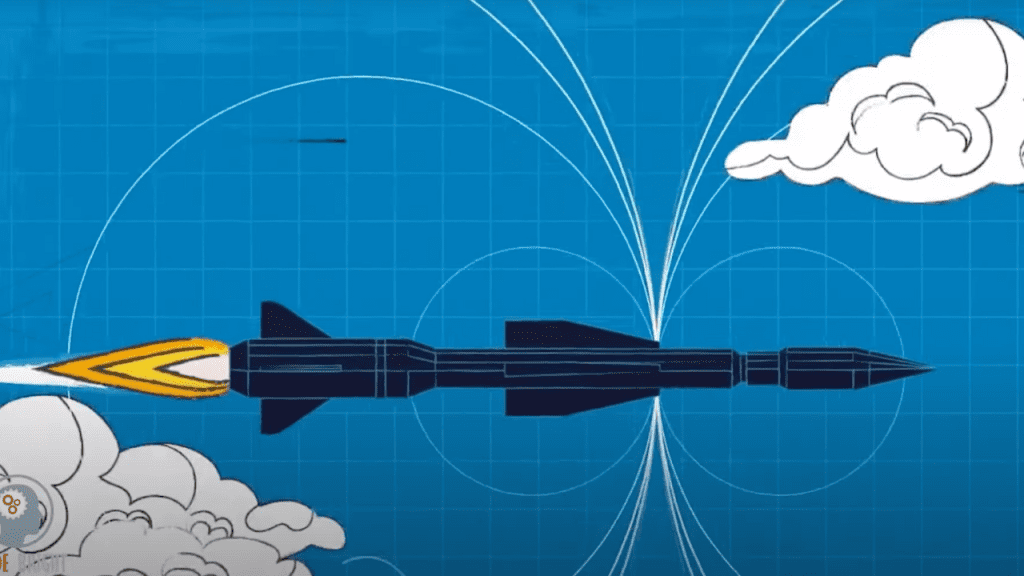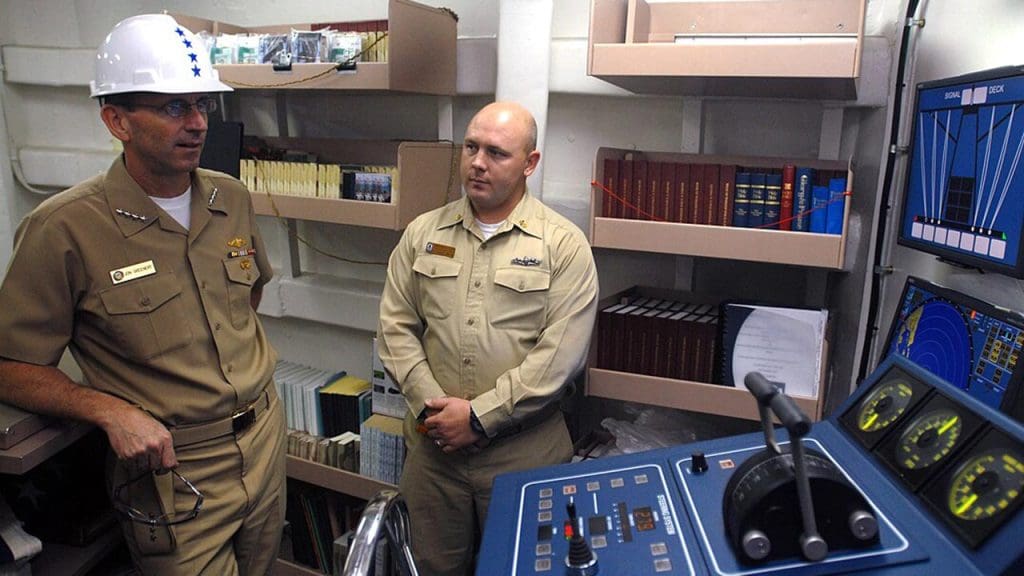The evolution of missile technology has been significantly influenced by advancements in software that enable precise real-time targeting and adaptive navigation. Sophisticated software systems play a crucial role in guiding missiles, ensuring accuracy, reliability, and adaptability in modern warfare.
The Evolution of Missile Guidance Systems

Missile guidance technology has undergone remarkable changes since its inception. Historically, early guidance systems relied heavily on mechanical components, which were prone to inaccuracies and malfunctions. As technology evolved, there was a shift towards electronic guidance mechanisms, marking a significant milestone in the development of missile technology. These advancements laid the groundwork for more sophisticated systems that we see today.
The digital transformation has further revolutionized missile technology. The integration of computer-based systems has enhanced the precision and reliability of guidance mechanisms. Advanced algorithms now play a pivotal role in improving targeting accuracy, allowing for more effective and efficient missile operations. Innovations in this field continue to push the boundaries of what is possible, with ongoing research and development efforts aimed at refining these systems even further.
Real-Time Targeting: The Heart of Modern Missile Systems

Real-time data processing is at the core of modern missile systems, significantly improving targeting accuracy. By leveraging real-time sensor data fusion, missiles can quickly and accurately process information, minimizing target acquisition time. This approach ensures that missiles can adapt to rapidly changing scenarios and engage targets with high precision.
Artificial intelligence (AI) and machine learning have also become integral components of missile guidance systems. AI is used to develop predictive targeting models that enhance the missile’s ability to anticipate and respond to potential threats. Machine learning algorithms facilitate dynamic threat assessment, enabling missiles to adapt and optimize their flight paths in real-time. These technologies are paving the way for more autonomous and efficient missile systems.
Adaptive Navigation: Ensuring Precision and Flexibility

Adaptive navigation systems are essential for maintaining precision and flexibility in missile operations. These systems are designed to respond to environmental changes and ensure that missiles can navigate complex terrains effectively. By integrating core principles of adaptive navigation, missiles can adjust their flight paths in real-time, maintaining accuracy even in challenging conditions.
Modern warfare has seen the adoption of advanced navigation technologies such as GPS and inertial navigation systems (INS). These technologies provide crucial data that guide missiles to their targets with remarkable accuracy. Innovations in terrain mapping and obstacle avoidance further enhance the capabilities of adaptive navigation systems, ensuring that missiles can operate effectively in diverse environments.
Challenges and Future Directions in Missile Guidance Software

Despite the advancements in missile guidance software, several challenges remain. Computational and hardware constraints can limit the performance of guidance systems, necessitating ongoing research to overcome these barriers. Ensuring cybersecurity and software reliability is also crucial, as these systems must be protected from potential threats and vulnerabilities.
Emerging trends and future research areas hold promise for the evolution of missile guidance technology. The potential of quantum computing in missile guidance is being explored, offering the possibility of unprecedented computational power and speed. Innovations in autonomous and collaborative missile systems are also on the horizon, which could transform the dynamics of modern warfare. These advancements are poised to redefine the capabilities of missile guidance systems in the coming years.
Implications for Global Security and Defense Strategies

Advanced missile guidance systems have significant implications for global security and defense strategies. Their strategic importance cannot be overstated, as they influence military tactics and defense policies worldwide. The global proliferation of precision-guided munitions underscores the need for countries to adapt their defense strategies to account for these technological advancements.
However, the rapid development of missile guidance technology also raises ethical and geopolitical considerations. Balancing technological advancements with international regulations is essential to ensure responsible use. Additionally, the use of autonomous weapon systems presents ethical concerns that must be addressed to prevent unintended consequences in warfare. As these technologies continue to evolve, it is crucial to engage in dialogues that consider their impact on global security and ethical frameworks.